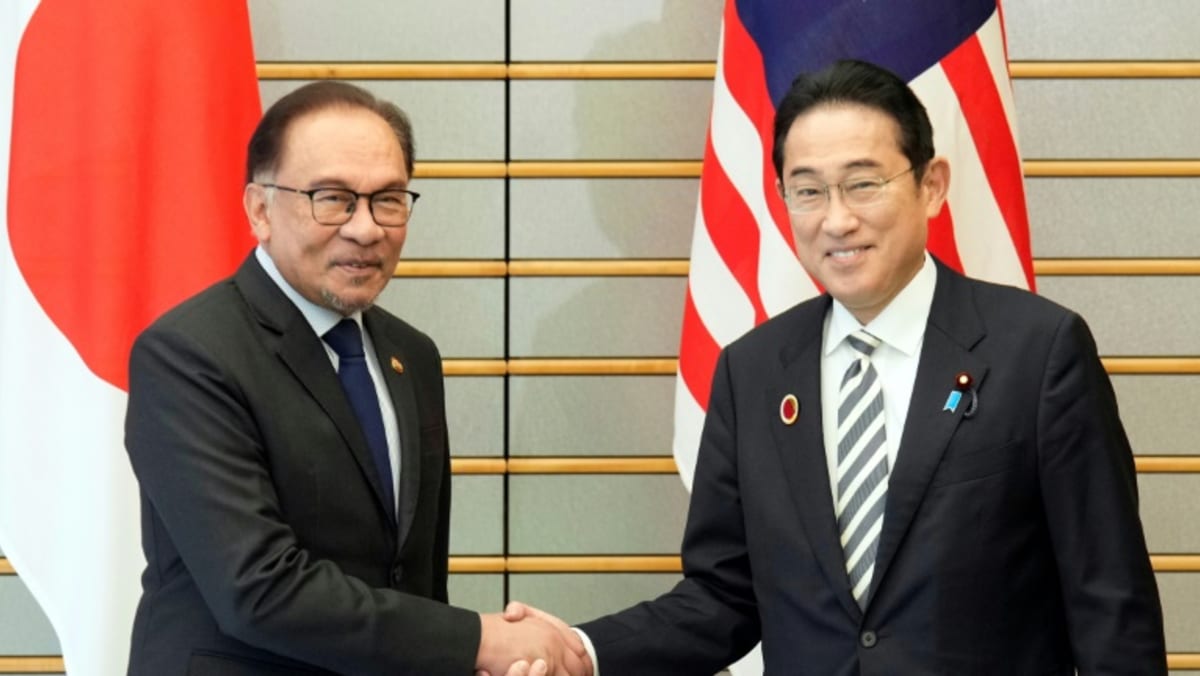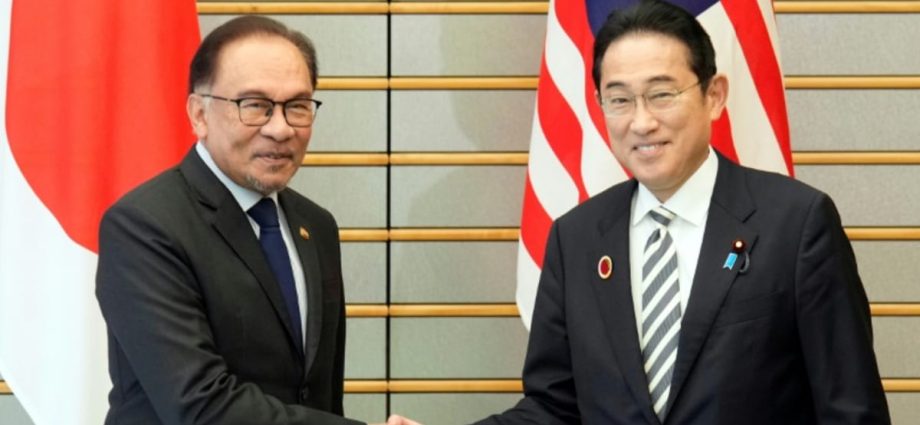
With Malaysia, Japanese Prime Minister Fumio Kishida said on Saturday that he had agreed with counterpart Anwar Ibrahim to deepen strategic ties and provide 400 million yen (US$2.8 million) for “warning and surveillance” equipment.
Kishida said that with the world “at a historical turning point, Japan places great importance on promoting cooperation with ASEAN, including Malaysia, to maintain and strengthen a free and open international order based on the rule of law and to ensure a world where human dignity is protected”.
Malaysia, along with the Philippines, Vietnam, Brunei and Taiwan, have overlapping claims in the South China Sea.
JOINT DRILLS
In September, militaries from ASEAN nations held their first-ever joint exercises, although host Indonesia insisted they were non-combat drills, focusing on areas such as disaster relief and maritime patrols.
Asked about the ASEAN summit, China’s foreign ministry said Friday that Beijing “believed that any cooperation should be conducive to advancing mutual trust among regional countries and promoting common development”.
“We hope that relevant countries can truly do things conducive to regional peace and stability. At the same time, any cooperation should not target third parties,” spokeswoman Mao Ning told a regular briefing.
“ZERO EMISSION COMMUNITY”
Japan is also expected to use the summit to push energy cooperation, with a meeting of its Asian Zero Emission Community (AZEC) initiative scheduled for Monday that will be attended virtually by Australian Prime Minister Anthony Albanese, officials said.
Tokyo is boosting its renewables sector but has also come under fire from environmental groups for providing large-scale public financing for fossil fuel projects around Asia.
Japan has also been seeking to push the export of tech aimed at reducing emissions by coal plants, such as co-firing with ammonia and carbon capture. But critics say these methods are unproven and expensive.
“This push to lock in fossil fuel-based energy across the continent is delaying the transition from fossil fuels to renewables,” the Climate Action Network said this month.
Ammonia “fails to meaningfully reduce emissions, jeopardises the decarbonization of Japan’s energy and any possibility of phasing out fossil fuels”, it said.
ASEAN’s 10 member states are Brunei, Cambodia, Indonesia, Laos, Malaysia, Philippines, Singapore, Thailand, Vietnam and Myanmar. The summit marks 50 years of ties with Japan.
While Myanmar is a member, the leaders of its junta have been banned from the bloc’s high-level meetings since failing to implement an agreed five-point peace plan following the 2021 coup in which they took power.

